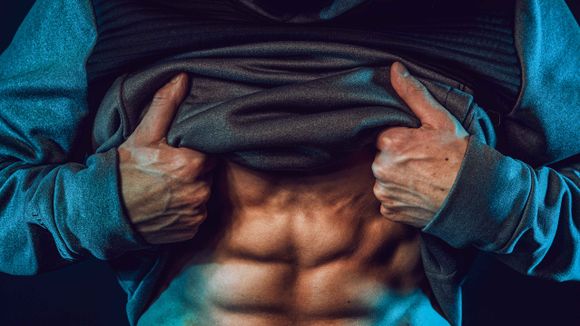Deficiency and Role of Testosterone in Health
Testosterone is an important hormone for any person regardless of their gender. Although often associated with libido and muscles, testosterone occurs in everyone, including women, and also plays a key role in their health, along with other hormones. [ref. 1]
However, its deficiency in the body gives its reflection through various symptoms such as:
- Weak libido and fertility problems
- Erectile dysfunction in men
- Increased body fat
- Loss of muscle mass
- Reduced bone density
- Loss of body hair
- Fatigue
- Irritability or depression
- Memory and concentration disorders
- Low red blood cell count (anaemia)
Vitamins, herbs and supplements for low testosterone
Traditional hormone replacement therapies, in the form of injections, gels and others, can provide the necessary levels of testosterone in the body. Herbs and supplements, on the other hand, can help the body independently produce testosterone. Some herbs and supplements simply aim to alleviate the symptoms of testosterone deficiency. [ref. 2]
While some alternative forms of treatment are safe for people with low levels of the hormone, many have not undergone rigorous tests in humans. Therefore, before trying any herb or supplement, always consult a doctor. This way you will find out which ones are right for you and recommend the best individual dosage.
Ashwagandha (Withania somnifera)
Traditional Indian medicine recommends ashvaganda for many things, including sexual dysfunction and infertility. The roots and fruits of the plant are used for the preparation of teas, extracts and capsules. [ref. 3]
A 2010 study estimated ashvaganda intake in 75 men suffering from infertility. Ashvaganda has been found to help improve testosterone levels, sperm count, sperm motility and levels of antioxidants in semen. [ [ref. 4] In other studies, however, the results are contradictory.
Vitamin D
Vitamin D, also called cholecalciferol, can also help boost testosterone levels. A 2011 study found that men with vitamin D deficiency who had been taking 3,332 international units (IU) of vitamin D daily for 1 year had noticed a significant increase in testosterone levels. [ref. 5]
Zinc
Zinc deficiency may be associated with low testosterone. This is because zinc is involved in testosterone production and maintains sperm quality. It is contained in foods such as poultry meat, legumes, nuts, some dairy products.
Garlic (Allium sativum)
Garlic (Allium sativum) can be used as a natural therapy in high blood pressure, supports immunity and gives good results in studies with mice for increased testosterone levels. [ref. 6] However, studies involving humans are needed to confirm the same effect.

Dehydroepiandrosterone (DHEA)
In some cases of low testosterone levels, the body may not produce enough dehydroepiandrosterone (DHEA). It is a hormone that is converted into estrogen and testosterone. But the data on supplementation with DHEA and testosterone are mixed. Most studies report minor changes.
Chrysin (Passiflora incarnata)
The crisis is a flavonoid extract found in honey and in Passiflora incarnata. You can take a crisis in the form of tea or supplements. A 2012 study in rats showed that a crisis can increase sperm motility, sperm concentration and testosterone levels. [ref. 7] However, it is not clear how well it is absorbed by the human body, so more research is needed.








